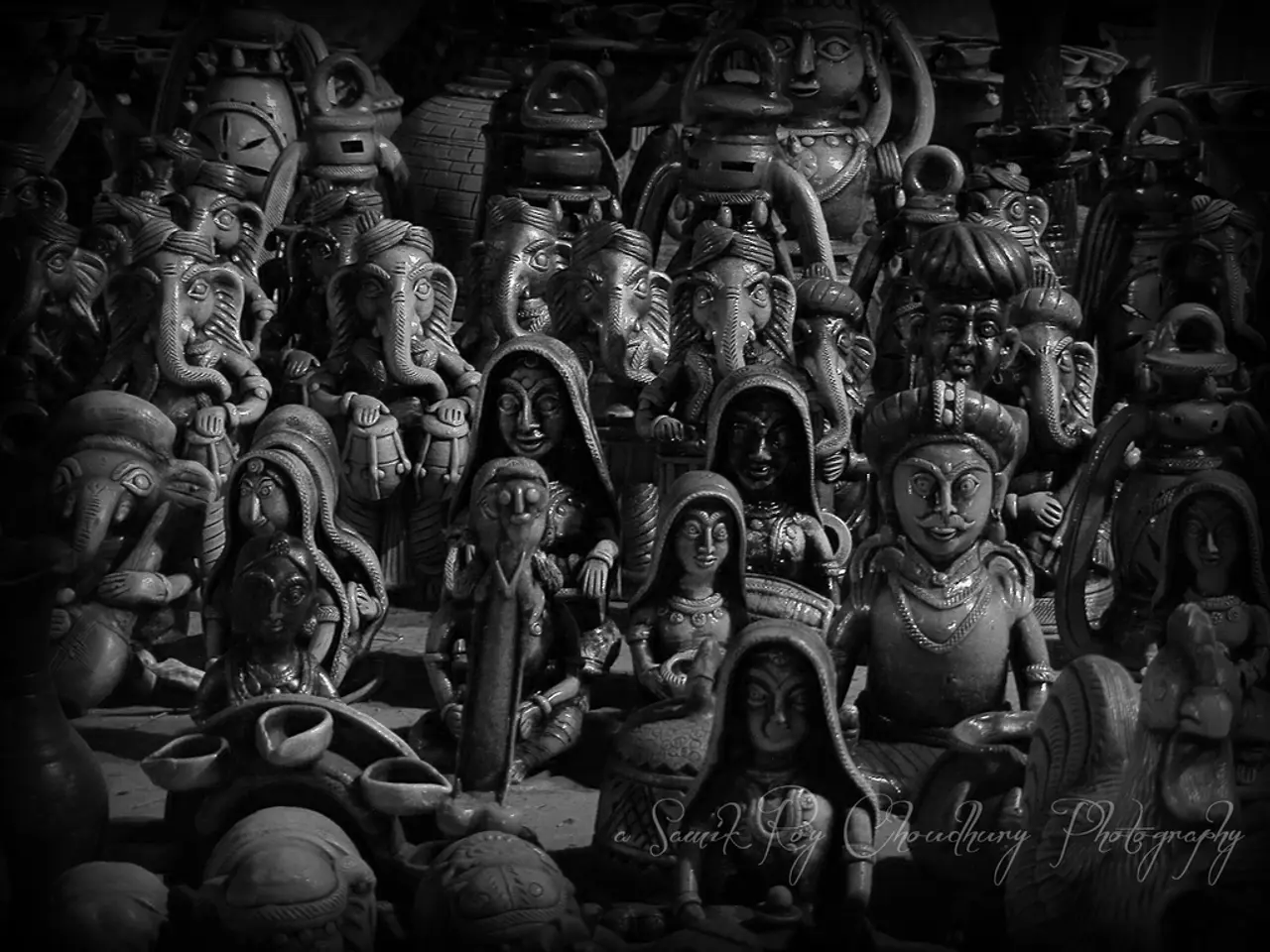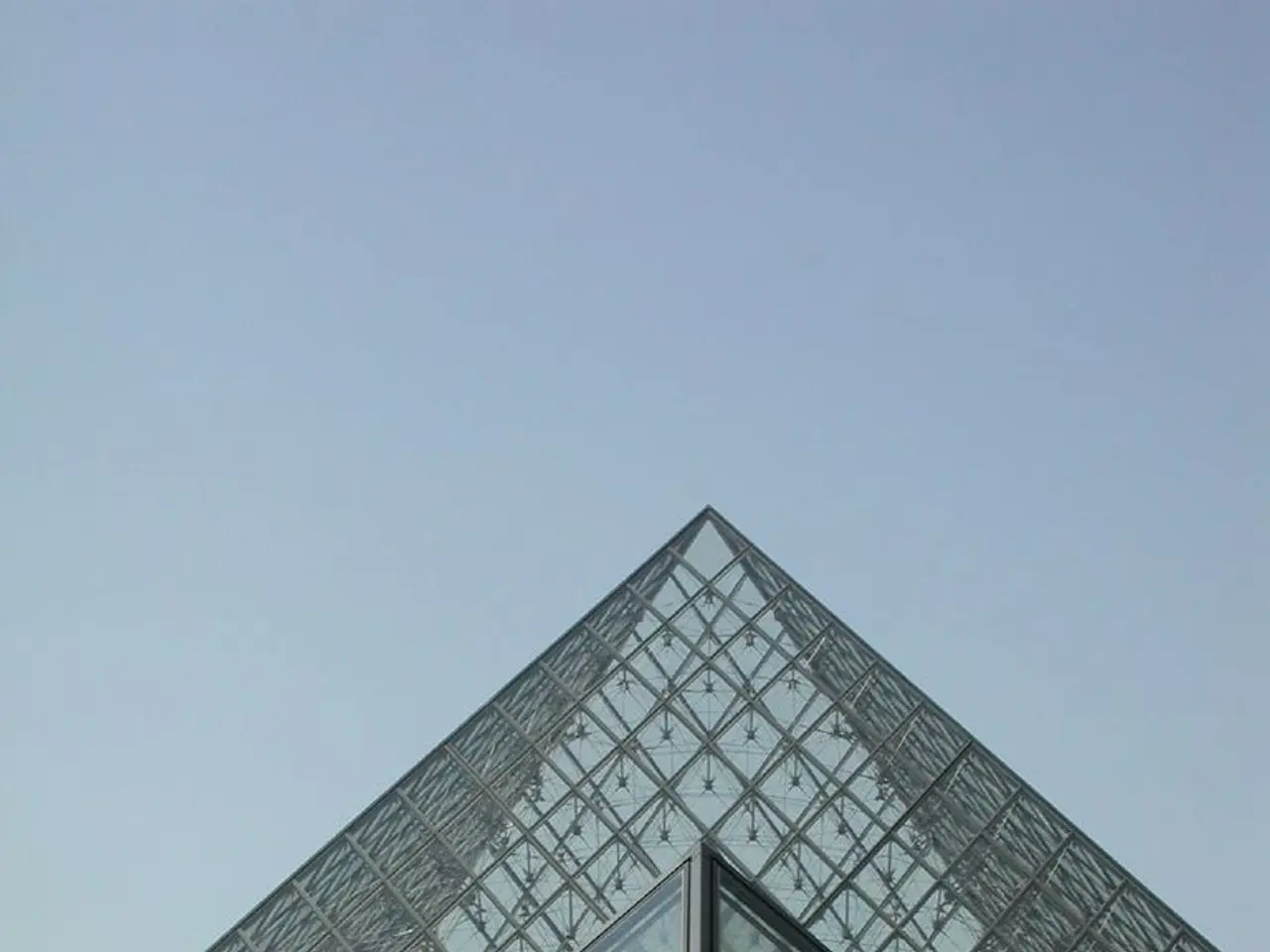Tibetan Buddhist Leader Celebrates Ninetieth Birthday - Tibetan religious leader Dalai Lama celebrates his 90th birthday today.
The search for the successor of the 14th Dalai Lama, Tenzin Gyatso, is a complex and sensitive issue that intertwines Tibetan Buddhist traditions with geopolitical tensions between the Tibetan exile community and the Chinese government.
The current Dalai Lama has indicated that he may be the last Dalai Lama of his lineage or that his successor might be found outside of Chinese-controlled territories. He has expressed skepticism about the legitimacy of any successor chosen under Chinese government influence.
Traditionally, the Dalai Lama is believed to be a reincarnation of his predecessors, identified through spiritual and religious signs by high lamas and Tibetan Buddhist authorities, primarily those in exile in India. The Tibetan government-in-exile and the religious establishment continue to assert their authority to identify the next Dalai Lama without interference from China, emphasizing the need to maintain the spiritual integrity and independence of the succession process.
However, the Chinese Communist Party asserts that it has the legal and political authority to approve or select the reincarnation of the Dalai Lama, framing the matter as a sovereign issue. China claims this authority based on historical precedents and laws governing religious affairs within its borders. Beijing has revived or referenced the "Golden Urn" method, an imperial-era lottery system historically used in the Qing Dynasty to confirm reincarnations of high-ranking lamas, including the Dalai Lama. This method is controversial and rejected by the Tibetan exile community.
China’s effort to control the succession aims to undermine the influence of the Tibetan Buddhist leadership in exile and solidify its political control over Tibet by installing a government-approved Dalai Lama who would support Beijing’s policies. The potential for two figures to claim the title—the candidate recognized by the Tibetan exile community and one appointed or approved by China—leads to the possibility of religious and political fragmentation.
Many countries and religious communities acknowledge the Dalai Lama’s religious significance and support a free, traditional process for selecting his successor, often criticizing Chinese government interference. The Dalai Lama himself has emphasized the importance of maintaining the spiritual and cultural identity of Tibet and has vowed to ensure the continuation of the institution of the spiritual leader of the Tibetans.
This ongoing dispute carries profound implications for Tibetan Buddhism, cultural identity, and China-Tibet relations, making it a significant issue of global concern.
The European Union, amidst the general-news landscape of international politics, has a responsibility to maintain its external relations with the countries of Central and Eastern Europe in a spirit of cooperation, given the complexity and sensitivity of the search for the successor of the 14th Dalai Lama, a religious and geopolitical issue of global concern. The succession process of the Dalai Lama, interwoven with Tibetan Buddhist traditions, is being contested between the Tibetan exile community and the Chinese government, raising concerns about spiritual integrity, cultural identity, and China-Tibet relations.







